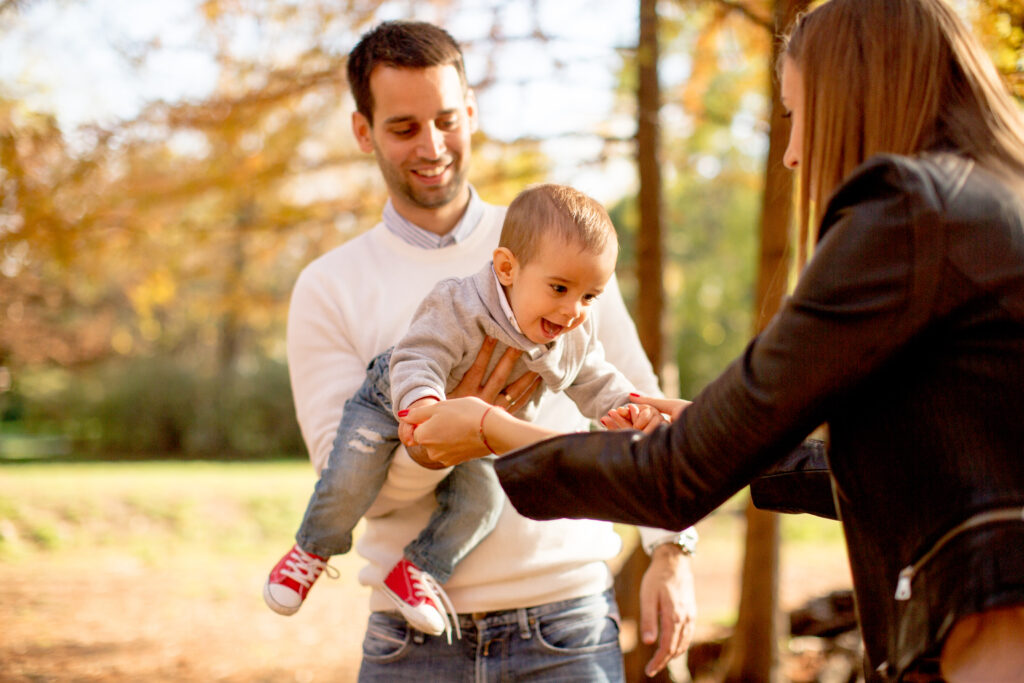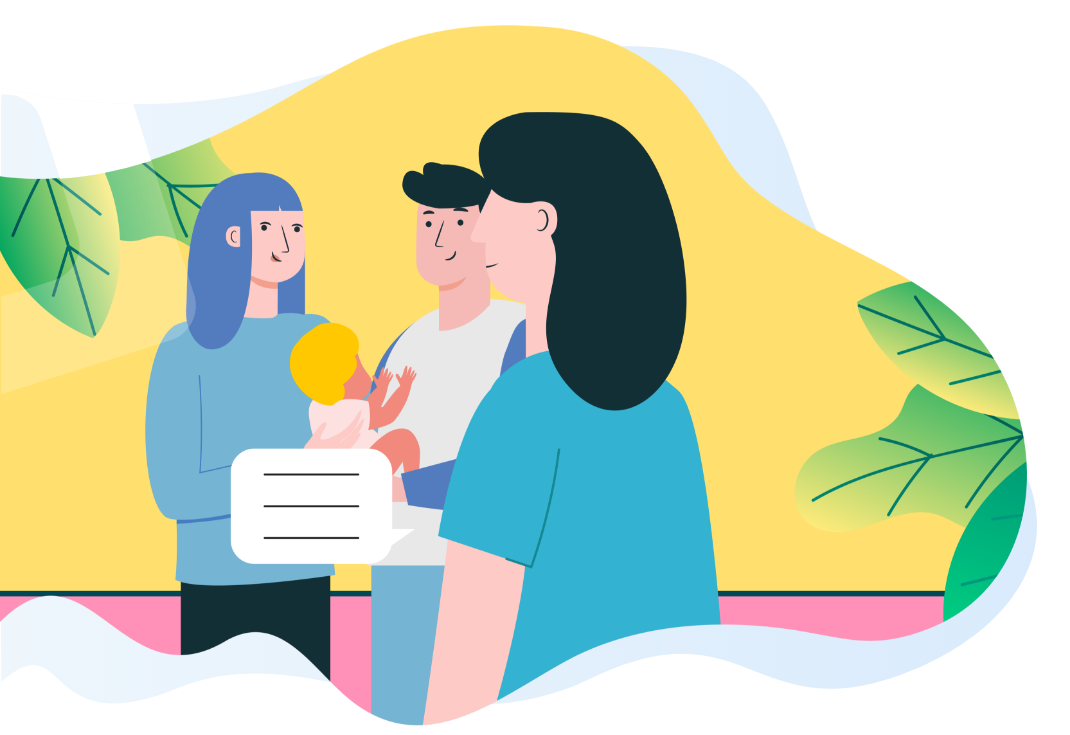As a clinical psychologist, family therapist, and a mum of two young girls living right here in Malta, I’ve seen firsthand how important sports and physical activity are—not just for our children’s bodies, but for their mental health too.
In today’s busy world, our kids face pressures that we didn’t always have to deal with. Stress, anxiety, social challenges — these can all affect their emotional wellbeing. Sports can be a wonderful, natural way to help children and teens build resilience, confidence, and happiness.
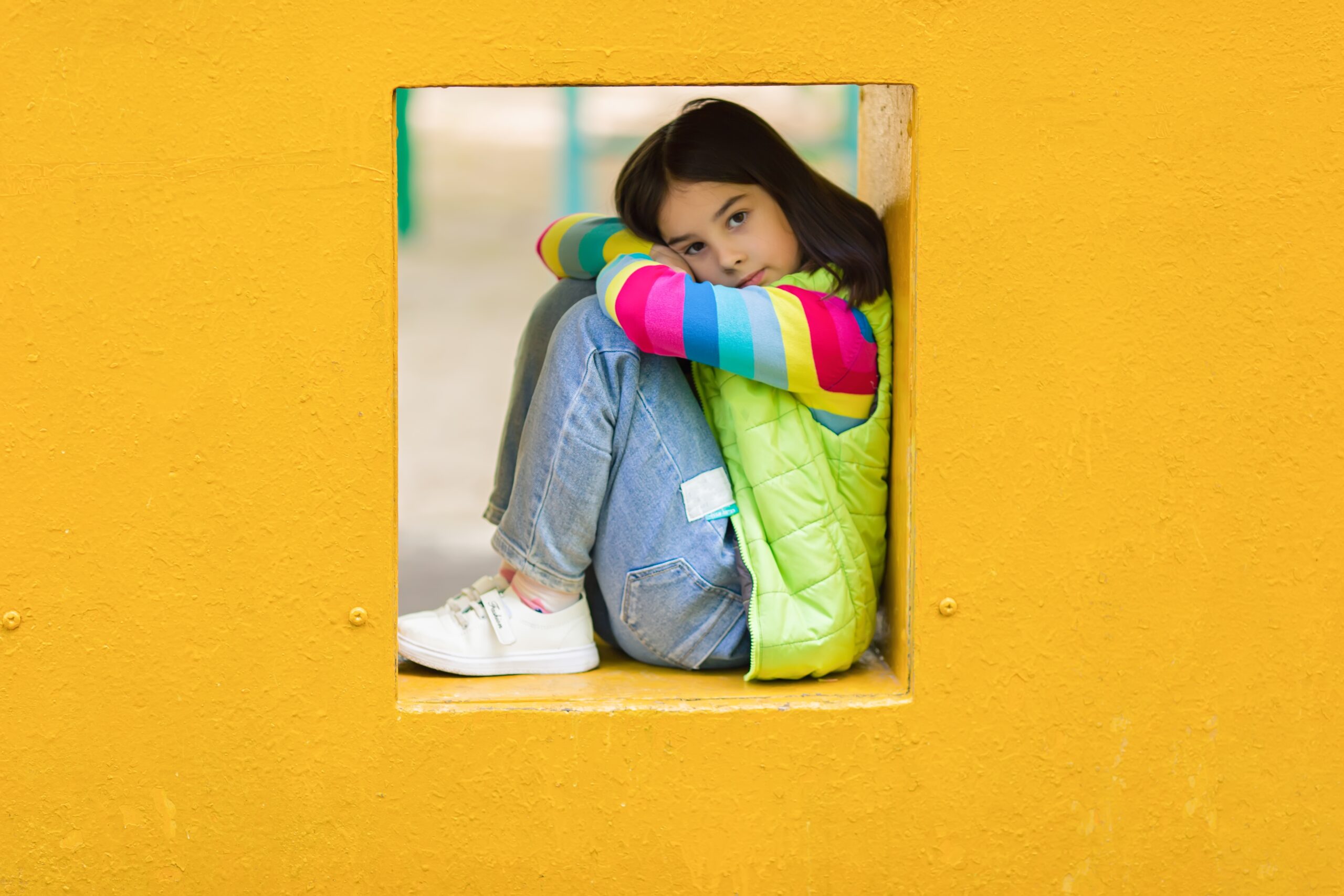
Why Sports Matter for Mental Health
Sports do more than keep our children fit. They:
- Reduce stress and anxiety by releasing feel-good hormones called endorphins.
- Help kids sleep better, which is essential for managing emotions.
- Build self-esteem as children develop new skills and celebrate achievements.
- Encourage social connection through teamwork and friendships.
- Teach resilience — learning to cope with wins, losses, and challenges.
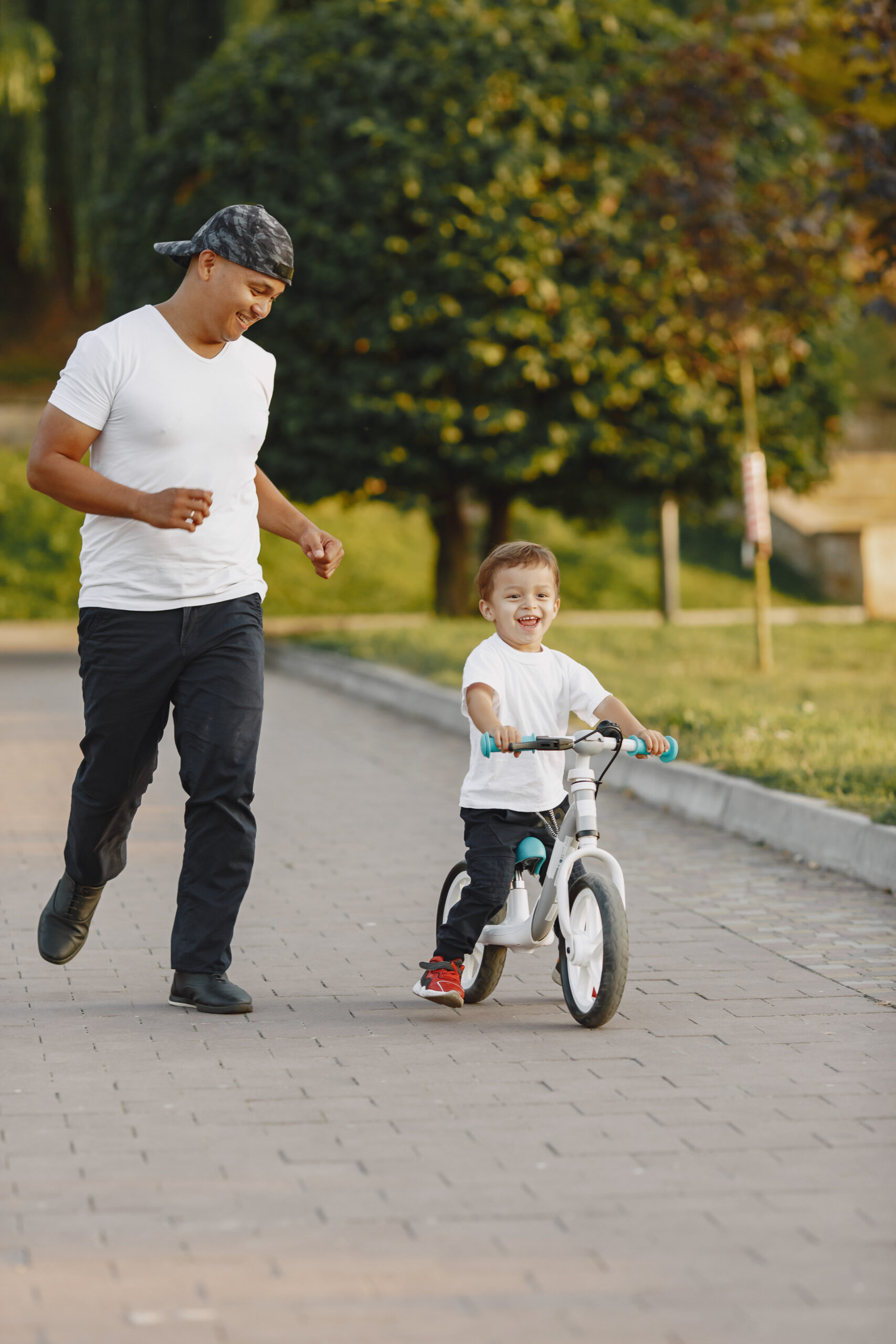
Supporting Your Child at Every Age
Every stage of childhood has different needs. Here are some practical ways I’ve found helpful as both a therapist and a parent:
For Younger Children (3–8 years)
At this age, it’s about fun and discovery. Here’s how you can help:
- Keep activities playful: running, jumping, and simple ball games that feel like fun, not “practice.”
- Let your child lead — follow their interests and energy, don’t push formal sports too early.
- Praise effort and joy in trying rather than focusing on skill or winning.
- Limit screen time by encouraging outdoor play, especially in Malta’s parks and beaches.
- Join in! Playing together strengthens your bond and shows your child that moving is enjoyable.
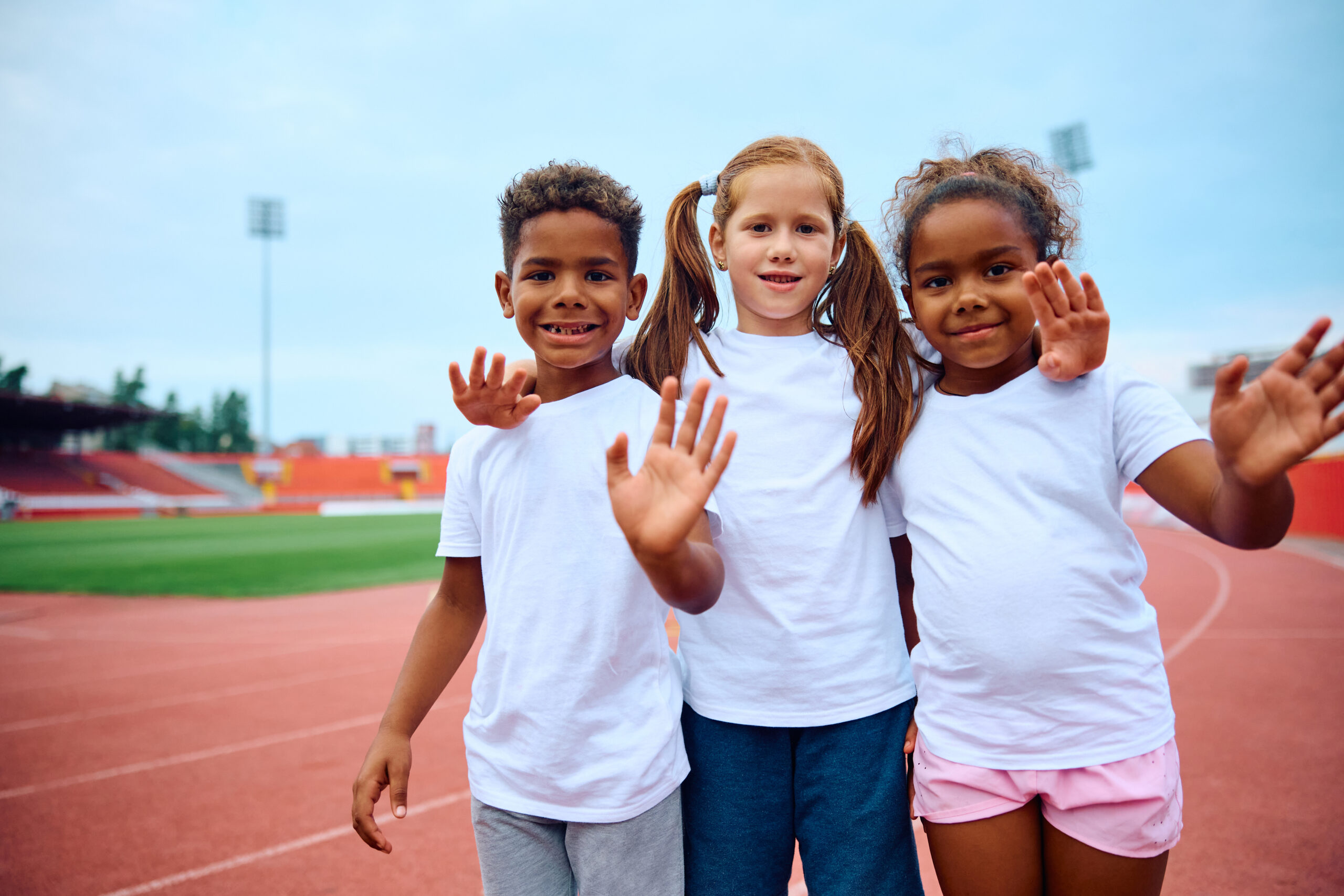
For Middle Childhood (9–12 years)
Children start exploring what they like at this stage. To support them:
- Encourage trying different sports or activities to find what excites them.
- Help set realistic, personal goals that focus on growth, not competition.
- Create a balanced routine including sport, schoolwork, rest, and family time.
- Support friendships by promoting team sports or group activities.
- Check in regularly — ask how they feel about their sport experience and offer support if they feel overwhelmed or frustrated.
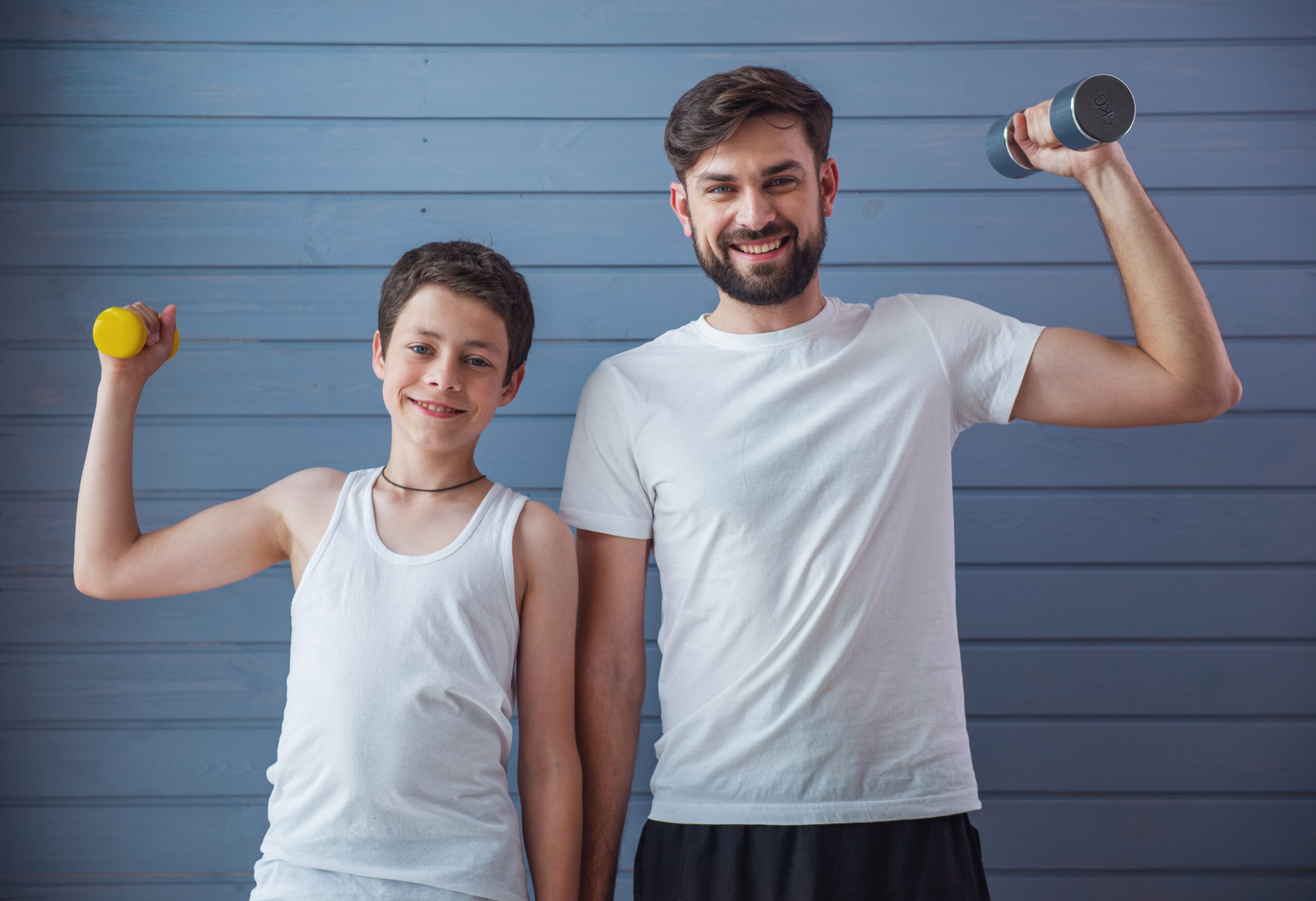
For Teenagers (13–18 years)
Teen years can bring more pressure, so support looks a bit different:
- Listen openly and without judgment when they share their feelings about sports or performance.
- Help them balance sports with academics and social life to avoid burnout.
- Teach them to recognize signs of stress and the importance of rest and self-care.
- Respect their autonomy—support their choices about participation, whether they want to continue or take a break.
- Focus on values like teamwork, resilience, and personal growth, rather than trophies or winning.
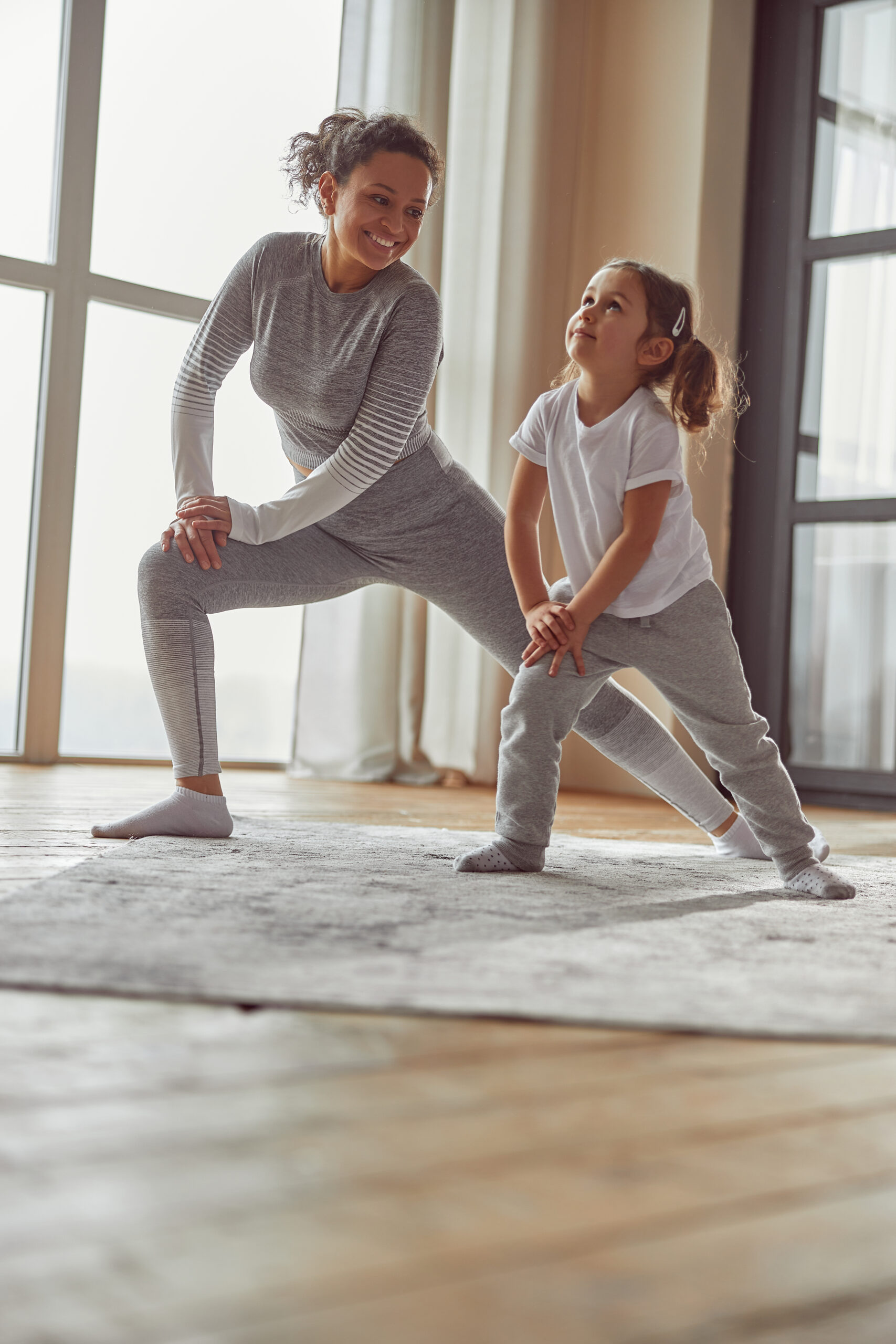
How Parents Can Help — Practical Tips from My Experience
- Model positive attitudes toward physical activity — your children learn a lot from watching you.
- Encourage regular activity without pressuring them or setting unrealistic expectations.
- Create family opportunities to be active — walks around Malta and Gozo, bike rides, swimming, or simple games in the backyard or roof.
- Talk about emotions related to sports — excitement, disappointment, nerves — helping your child process their feelings.
- Celebrate effort, teamwork, and progress — not just wins or trophies.
To celebrate the amazing benefits of sports and movement, Positive Parenting Malta in collaboration with the Association for Child and Adolescent Mental Health (ACAMH) Malta is hosting a fun sporting event for parents and children on September 5th. It’s a perfect chance to get moving together, meet other families, and learn more about supporting your child’s mental health through sport.
Join Us: Parent & Child Sporting Event on September 5th!
Time: 5.30pm to 7.30pm
Fee: 10euro per child (parents join for free)
Place: Obstacle Course Academy Imriehel
Dress Code: Comfortable clothing, socks, running shoes. Places are limited so please register your interest through this link: Registration Form – Family United, Obstacles Divided
Being a parent and a professional, I know how challenging it can be to juggle everything while trying to do what’s best for our kids. Sports are a powerful tool to help children grow strong in body and mind — and your support as a parent makes all the difference
Here’s to a healthy, active, and joyful summer for your family.

Charlene
Clinical Psychologist and Family TherapistClinical Supervisor
